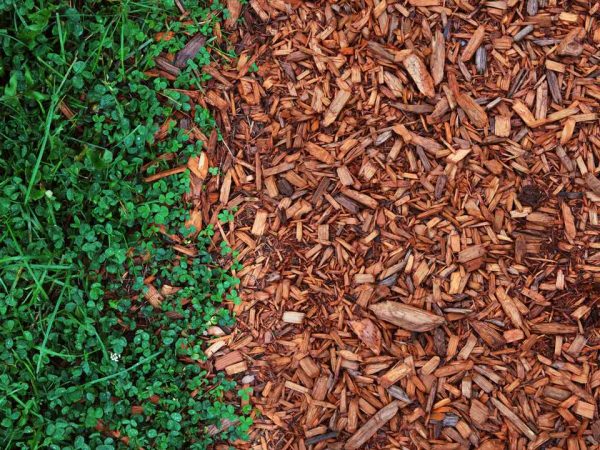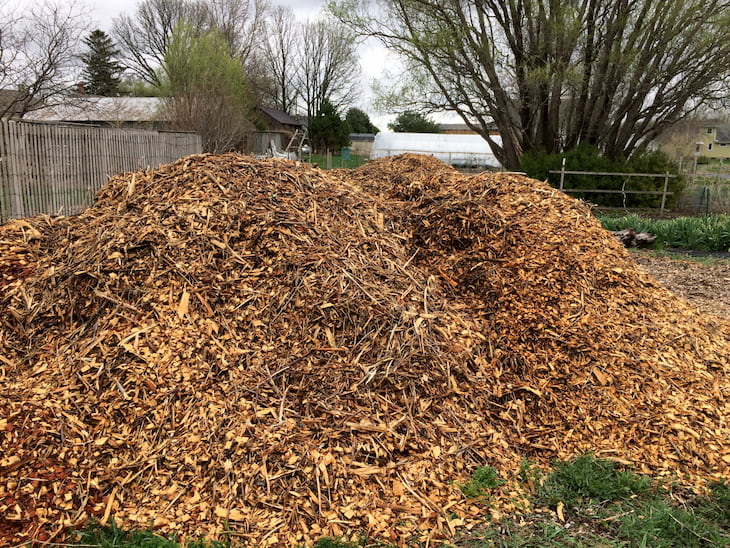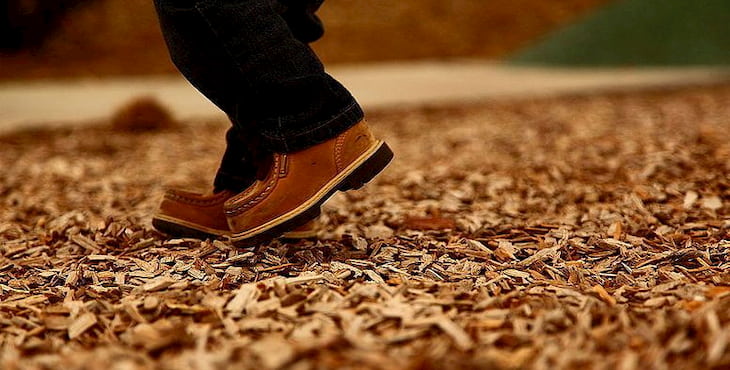01
Jun

Experienced gardeners know that a generous layer of mulch is beneficial for plants in many ways. Mulch helps reduce weeding, keeps the soil cooler in summer, conserves water (which means less frequent irrigation), and reduces the addition of organic matter as the mulch breaks down. All this leads to healthier plant growth.
If you’re not sure is wood chip good for garden, you’ll be happy to learn that wood chips are not only good for gardening but they’re also one of the most affordable ways to add mulch to gardens, flowerbeds, and yards. It is great for mulching around perennials, shrubs, trees and small fruiting plants.
If you don’t know where to get wood chips Canberra tree mulching services will supply it for you. These companies can either supply and spread their organic wood chips in your garden or can deliver it so you can spread it yourself. Another great way to obtain wood chips Canberra wide is to hire arborists who can inspect and remove old or damaged trees from your property and turn them into bark for the garden. A lot of professional gardeners agree that this is actually one of the best types of mulch you can get – small pieces of everything on the tree including leaves and twigs.
If you don’t know how to put wood chips in a garden, you should know that most tree care specialists recommend a layer of up 10 centimetres of wood chip mulch to achieve the needed level of protection. You should also offer an expansion of up to 2 metres around the base of the plant to encourage its growth. As a rule of thumb, you will need to mulch deeper and wider when the plant in question is larger.

Source: heritageflowerfarm.com
Different types of wood mulch will have different advantages and disadvantages.
Cedar oil is a popular natural insect repellent. That same fragrant aroma that keeps moths and pests out of your closets and chests also keeps pests away from your plants when you use cedar mulch. In areas where termites are an issue, it is worth paying the extra cost for cedar wood chips. But this type of mulch also has its downsides – it decomposes very slowly, adding only trace amounts of nutrients back to the soil. On the other hand, this helps cedar mulch to last quite long.
Like cedar, cypress mulch is also a natural insect repellent. It is an effective pest repellent but it costs more than other mulches. This is mostly due to its attractive blonde colour. Furthermore, the process of harvesting cypress trees can result in environmental damage.

Source: detroitnews.com
Hay isn’t the same as straw. In the mulch world, straw is preferred over hay because it has fewer seeds and weeds. Thanks to its insulating qualities, straw is a better option for winter mulch. It is ideal for veggie gardens and can be turned under the soil as it begins to decompose, which can add a lot of beneficial nutrients. Straw is often sold in compressed bales that are lightweight, affordable and easy to work with.
Many people wonder are pine wood chips good for mulch. Yes, they are – they boost the soil for acid-loving plants, like azaleas, and the loving fragrance of pine around the yard. The texture of pine needles is also very eye-catching and unique. If pine needles are not native to your area, they can be quite expensive. They come in bales that are light and easy to work with.
Many consider bark the most attractive mulch. Its even and natural colour makes it more appealing than a dry wood chip. Another advantage of bark mulch is that it’s not very expensive (if you are mulching your own) and it’s easily available. Bark also allows water and air to move into the soil more freely.

Source: healthyhandyman.com
These are the roughest kind of mulch you can get. As mentioned above, you can use chips from your own yard clearing efforts. While wood chips can be free or inexpensive, they won’t last as long as the other types.
This type of mulch gives a cleaner and more uniform look to extensive mulching. It generally comes in red and black hues but some specialty colours are also available. Coloured mulches are more expensive than non-coloured ones and the dyes tend to fade in the sun, sometimes unevenly. Although the die can transfer to your hands when you spread the mulch, it is non-toxic and environmentally safe.
The types of woods used for coloured mulch aren’t defined. Research has shown that most of them are made from treated hardwood gathered from demolished decks, buildings, or other construction projects. Treated hardwood has a great potential for leaking chemicals into your garden, so if you decide to buy coloured mulch, make sure it’s from a safe source.